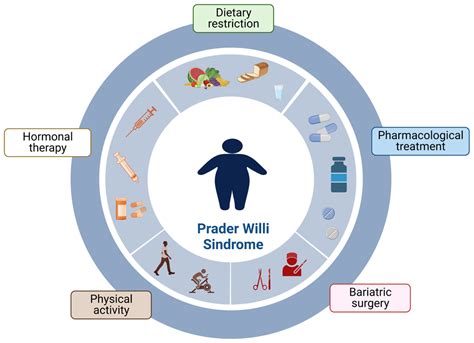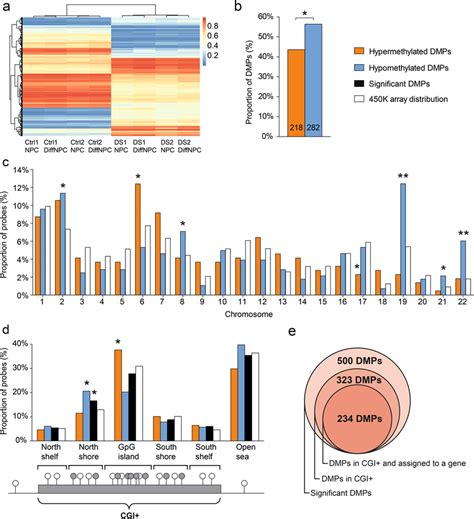ipsc prader willi replication | prader willi syndrome pdf ipsc prader willi replication Using CRISPR repression and activation screens in human induced pluripotent stem cells (iPSCs), we identified genomic elements that control expression of the PWS gene . PRODUCT FEATURES. Genuine premium grade automotive leather on all seating surfaces complimented by matching leatherette on sides and back. Tanned specifically for automotive interior. Beautiful top-stitch seams add to the high quality look and feel. Seat Cover Installation Kit Included Free! (A $20.99 value):Find Louis Vuitton for women at up to 90% off retail price! Discover over 25000 brands of hugely discounted clothes, handbags, shoes and accessories at ThredUp.
0 · prader willi syndrome pdf
1 · ipsc derivative dna methylation
With Charlie, Louis Vuitton enters the market for sustainable luxury sneakers. It’s already populated by the likes of Gucci, which earlier in the year launched a line of sneakers made from its very own vegan material. Balenciaga, another notable LV rival, also released a leather-free pair of shoes that went viral last year.
A microdeletion including the SNORD116 gene (SNORD116 MD) has been shown to drive the Prader-Willi syndrome (PWS) features.

Using CRISPR repression and activation screens in human induced pluripotent stem cells (iPSCs), we identified genomic elements that control expression of the PWS gene .analysis at the Prader-Willi Syndrome Imprinting Center (PWS-IC, SNRPN)(Methods). A wild type cell line will show ~50% methylation at SNRPN, as the paternal allele is unmethylated and the .
This project established a human stem-cell based system to study DNA replication timing in the Prader-Willi locus and characterized the allele-specific replication timing of the locus. Further .
We have established isogenic human iPSC and derived neuron models of chromosome 15q11-13 deletions and assessed the molecular and cellular signatures associated with PWS in . Nissim Benvenisty and colleagues use induced pluripotent stem cells (iPSCs) derived from individuals with Prader-Willi syndrome (PWS) to model PWS in vitro. Prader–Willi syndrome (PWS) is a neurodevelopmental disorder with hypothalamic dysfunction due to deficiency of imprinted genes located on the 15q11-q13 .
The recent discovery of induced pluripotent stem cell (iPSC) technology provides an invaluable tool for creating in vitro representations of human genetic conditions. Angelman Syndrome (AS) and Prader-Willi Syndrome (PWS), two distinct neurodevelopmental disorders, result from loss of expression from imprinted genes in the .Prader–Willi syndrome (MIM #176270) (chromosome 15q11 deletion syndrome) Prader–Willi syndrome is a classic example of a chromosomal disorder with prominent mood symptoms .
A microdeletion including the SNORD116 gene (SNORD116 MD) has been shown to drive the Prader-Willi syndrome (PWS) features. Using CRISPR repression and activation screens in human induced pluripotent stem cells (iPSCs), we identified genomic elements that control expression of the PWS gene SNRPN from the paternal and maternal chromosomes.analysis at the Prader-Willi Syndrome Imprinting Center (PWS-IC, SNRPN)(Methods). A wild type cell line will show ~50% methylation at SNRPN, as the paternal allele is unmethylated and the maternal allele is methylated. Previous analysis of patient-derived AS and PWS lines PLOS ONE Isogenic models of Angelman syndrome and Prader-Willi syndromeThis project established a human stem-cell based system to study DNA replication timing in the Prader-Willi locus and characterized the allele-specific replication timing of the locus. Further studies will explore the functional significance of asynchronous replication at the PWS locus.
We have established isogenic human iPSC and derived neuron models of chromosome 15q11-13 deletions and assessed the molecular and cellular signatures associated with PWS in derivative neural stem cells and NGN2-induced neurons. Nissim Benvenisty and colleagues use induced pluripotent stem cells (iPSCs) derived from individuals with Prader-Willi syndrome (PWS) to model PWS in vitro.
prader willi syndrome pdf
Prader–Willi syndrome (PWS) is a neurodevelopmental disorder with hypothalamic dysfunction due to deficiency of imprinted genes located on the 15q11-q13 chromosome. Among them, the SNORD116.The recent discovery of induced pluripotent stem cell (iPSC) technology provides an invaluable tool for creating in vitro representations of human genetic conditions. Angelman Syndrome (AS) and Prader-Willi Syndrome (PWS), two distinct neurodevelopmental disorders, result from loss of expression from imprinted genes in the chromosome 15q11-13 locus most commonly caused by a megabase-scale deletion on either the maternal or paternal allele, respectively.Prader–Willi syndrome (MIM #176270) (chromosome 15q11 deletion syndrome) Prader–Willi syndrome is a classic example of a chromosomal disorder with prominent mood symptoms and psychosis.
chanel chanel chanel lyrics future
A microdeletion including the SNORD116 gene (SNORD116 MD) has been shown to drive the Prader-Willi syndrome (PWS) features. Using CRISPR repression and activation screens in human induced pluripotent stem cells (iPSCs), we identified genomic elements that control expression of the PWS gene SNRPN from the paternal and maternal chromosomes.
analysis at the Prader-Willi Syndrome Imprinting Center (PWS-IC, SNRPN)(Methods). A wild type cell line will show ~50% methylation at SNRPN, as the paternal allele is unmethylated and the maternal allele is methylated. Previous analysis of patient-derived AS and PWS lines PLOS ONE Isogenic models of Angelman syndrome and Prader-Willi syndrome
chanel chance women eau fraiche spray 3.4 oz stores
ipsc derivative dna methylation
This project established a human stem-cell based system to study DNA replication timing in the Prader-Willi locus and characterized the allele-specific replication timing of the locus. Further studies will explore the functional significance of asynchronous replication at the PWS locus.We have established isogenic human iPSC and derived neuron models of chromosome 15q11-13 deletions and assessed the molecular and cellular signatures associated with PWS in derivative neural stem cells and NGN2-induced neurons. Nissim Benvenisty and colleagues use induced pluripotent stem cells (iPSCs) derived from individuals with Prader-Willi syndrome (PWS) to model PWS in vitro.

Prader–Willi syndrome (PWS) is a neurodevelopmental disorder with hypothalamic dysfunction due to deficiency of imprinted genes located on the 15q11-q13 chromosome. Among them, the SNORD116.
The recent discovery of induced pluripotent stem cell (iPSC) technology provides an invaluable tool for creating in vitro representations of human genetic conditions. Angelman Syndrome (AS) and Prader-Willi Syndrome (PWS), two distinct neurodevelopmental disorders, result from loss of expression from imprinted genes in the chromosome 15q11-13 locus most commonly caused by a megabase-scale deletion on either the maternal or paternal allele, respectively.
Louis Vuitton. Silk Printed Scarf. $285.00. Now 20% off - $228.00. 1. 2 .. Shop authentic Louis Vuitton Scarves and Shawls at up to 90% off. The RealReal is the world's #1 luxury consignment online store. All items are authenticated through a rigorous process overseen by .
ipsc prader willi replication|prader willi syndrome pdf



























